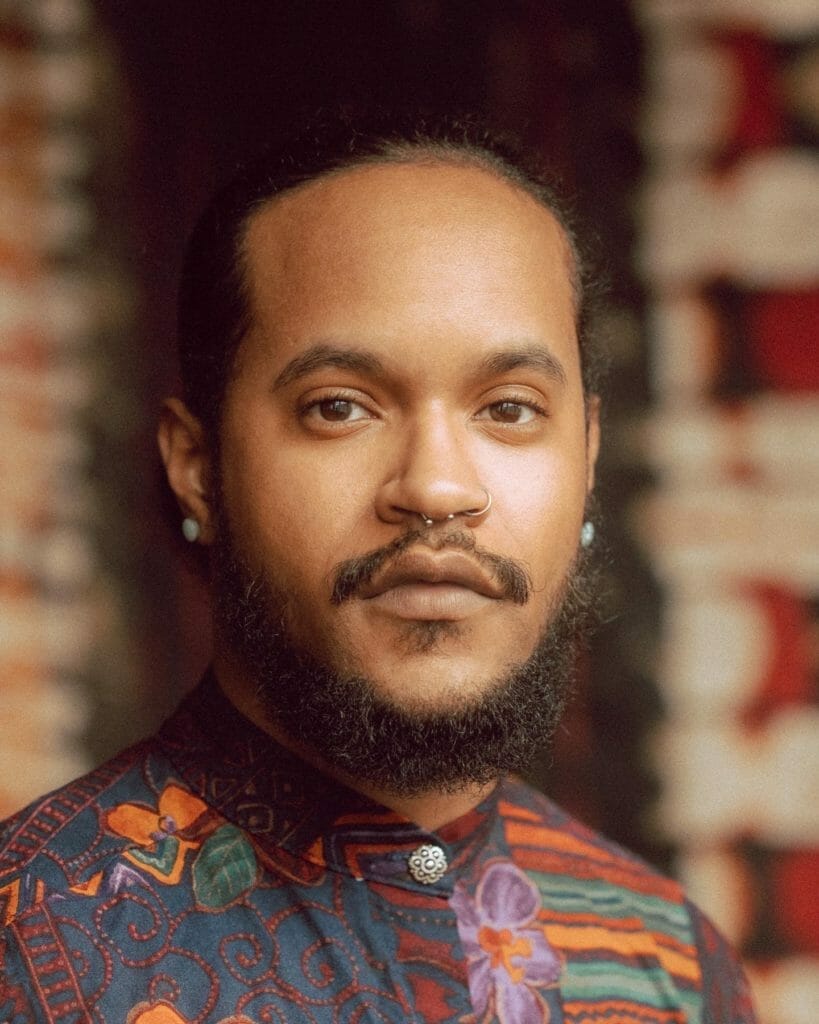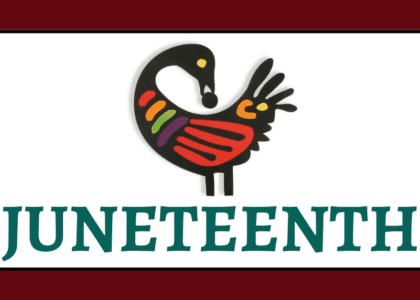By John D. Blackshire, Ph.D.
When Rev. Stephanie Cooper asked me to write a reflection on my time at this year’s Annual Gathering, I was excited but also surprised because this was my first gathering. I’m not even an enrolled member of the Alliance. Moreover, I’d only discovered it nine months prior when Jazz Logan turned to me in chapel one day and said, “You should check out the Alliance of Baptists. I think they might be a good fit for you.” A few weeks after her suggestion, both Rev. Malu Fairley-Collins and Rev. Ben Boswell ended up on our campus. Each for different reasons, but their presence and subsequent conversations with them convinced me I needed to experience the Alliance for myself. I set off to this year’s gathering with the goal of mingling. I planned to present my workshop and in between sessions meet as many people as possible to learn if this space was suitable for me.
And mingle, I did! Meeting so many new faces left me with the exhilaration that only comes from being an extrovert in a new place. As coffee poured and conversation flowed, there was a buzz as everyone came together for what I learned was the first time in a few years because of the pandemic. I felt honored to be a part of such a distinct group and what I instantly knew was a unique moment in its history. Each morning as I waited for worship to begin, I could feel my weight settle into the pew, my shoulders relax, and the tension leave my body. I hadn’t experienced being that safe in church in a long time, and a spirit of possibility started to form within me; an optimism for God’s love realized on Earth tickled across my forearms. I inhaled it as it wafted in the air because I needed this dose of optimism. At times, my non-neurotypical brain can get depressed and cynical. Subsequently, I constantly pray for God to lighten my heart so my faith may remain strong. I’m unsure if it was in being historically Black Atlanta or with so many open and affirming church folx, but my heart felt lighter, and my faith deepened during our time together.
I have to remind myself I don’t mean going to the point of exhaustion like grind culture would want us to. Instead, I’m back to focusing on the quotidian, everyday actions of abolition.
I saw that Christ-centered, people-focused, liberation-demanding communities do exist. Don’t get me wrong, I’ve experienced this before. Like I said, I’ve had the privilege of knowing Malu and Ben, but seeing the work people are doing around the country to expand understandings of abolition—whew! It was a jolt to my system, an example of what can happen when we all help each other get closer to Jesus. I left knowing I needed to recommit to my own responsibility of justice and liberation and that the work cannot be shallow. With my social location as a Black trans person, plus my professional career, it is easy for me to conflate the understanding of something with the doing of something. I can let my intellectualism overpower my embodied participation. Everyone’s role in the revolution isn’t in the streets, but the Annual Gathering reminded me there’s room to do more. The seeds we planted need water and nourishment to produce the fruit we all called for.
When I consider doing more, I have to remind myself I don’t mean going to the point of exhaustion like grind culture would want us to. Instead, I’m back to focusing on the quotidian, everyday actions of abolition. Since our time together, I’ve been conducting an “abolitionist inventory list” of my life.
I’m thinking more about my purchases and considering where I spend my money and where I store it. I am reviewing the power dynamics of my interpersonal relationships and what behaviors I need to alter—but also studying what I am watching on television. Personally, it’s time to let go of shows that valorize and desensitize us to state violence. That means bye-bye to Brooklyn 99 and Olivia Benson on SVU for me. Similarly, which people and organizations am I following online? How can I alter my cultural imagination and lessen my biases toward different people? What authors should I disengage with? Thinking long-term, what are my personal and professional goals and have capitalist ideals snuck in? Overall, does how I live my life get me and everyone around me closer to liberation, or are there areas to reimagine what is possible?
Abolition has individual and communal elements. I feel so blessed to have experienced a group that holds each up where they are weak, educates and fills the ignorance among their ranks, and celebrates the wins when they occur.
It is hard to dismantle a system while still living in it. Still, the 2023 Annual Gathering of the Alliance of Baptists was cold water to the face, a gentle yet forceful reminder that our work has just begun.

John D. Blackshire, Ph.D., CEO of Blackshire Strategies, LLC, is an educator, impact strategist, and minister who helps individuals and organizations identify small yet mighty ways to accomplish radical social justice goals.
A former ACLS Leading Edge Fellow, assistant professor of gender studies, and podcast producer, John teaches, preaches, and writes about issues of systematic inequality and reconciliation.
Founder of There’s Room Ministries based in North Carolina, he feels best when empowering others to leverage their agency to transform their communities for good.




Recent Comments